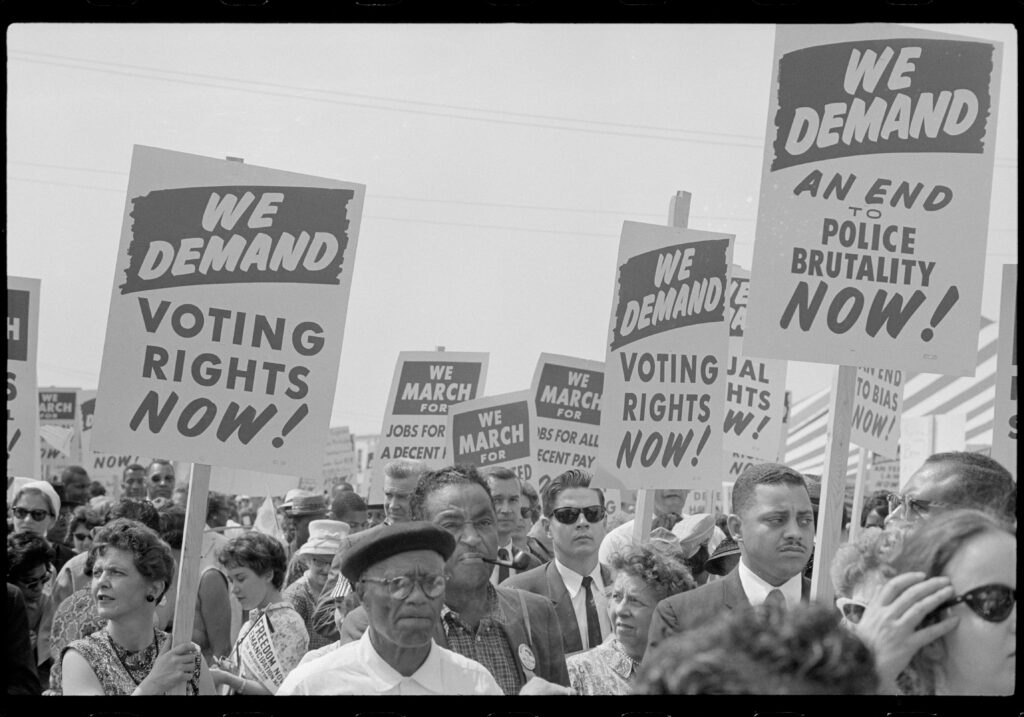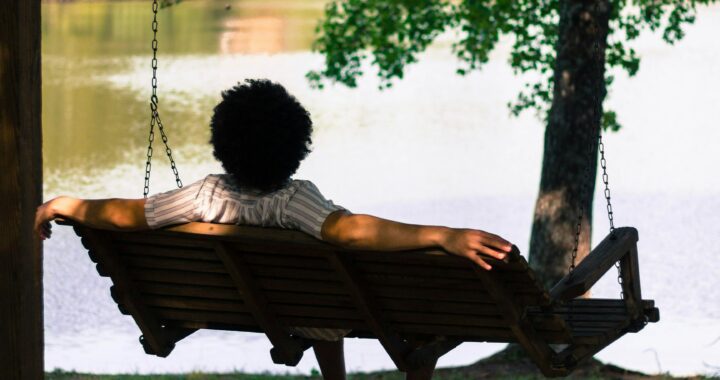Students need to be educated on marginalized groups
4 min read
by KHALIA DELANCY
Staff Writer
I truly and very strongly believe that all University of Mary Washington students should be required to take at least one class focused on marginalized groups before they can graduate. The university’s new general education requirements include one course in Diverse and Global Perspectives, while the old requirements included two courses in Human Experience and Society from two separate disciplines, as well as one course in Global Perspectives.
Not only did the university minimize the amount of diversity classes students had to take, but they also decided to replace them with After Mary Washington and Digital Intensive classes. Students could easily avoid having to learn about other cultures and groups while also checking the Diverse and Global Perspectives box, which defeats the point. UMW replacing education of minority groups with other classes demonstrates how unimportant they feel diversity really is.
The K-12 education system does a terrible job of educating children about race and gender studies. A very rushed, euro-centric retelling of history is what most college students drag with them into college and then, unfortunately, into the ‘real world.’ Their belief systems become painfully ignorant, unempathetic and unyielding to new ideas as they move through adulthood.
Between high school and entering the workforce, college is one of the last opportunities where budding adults can learn about the true histories of various minority groups. Many of the students that have the privilege to attend university in the first place are from upper middle class, white American families. The enrolled student population at University of Mary Washington is “69.1% white, 10.1% Hispanic or Latino, 7.26% Black or African American, 5.5% two or more races, 3.77% Asian, 0.223% American Indian or Alaska Native and 0.111% Native Hawaiian or other Pacific Islanders,” according to Data USA.
Despite receiving a “liberal,” yet very white-washed, education, the majority of these students are still living in a bubble that prevents them from having to deeply consider race, sexuality or gender.
I understand the discomfort of having to realize that people are needlessly suffering because of systemic racism, long-standing homophobia and misogynistic beliefs. I also understand that students avoid taking these controversial classes because they fear having to reconcile with the negative history of their privileges.
Based on my experiences, the professors that lead classes on marginalized groups do so in a professional, highly informative and mindful way. They are deeply attuned to the current climate and student concerns, and they do their best to respect the sensitivities of all present. While some of the information can be saddening or surprising, I’ve walked away from each class a more conscious and compassionate person.
In order to earn a bachelor’s degree, one must take a plethora of elective courses. These electives take up nearly a third of the classes students will take during a four-year period. There is little to no excuse to have never taken even one class focusing on minority groups when there are so many opportunities to do so. Taking even one marginalized group-focused class is enough to revolutionize a student’s thought process. With so much money, time and energy invested into their education, students would be cheating themselves of an incredible opportunity for growth by avoiding these classes.
I am an African American student at UMW, and I received my K-12 education in a school district that has very high ratings for education quality. Although it was highly rated, not once did we have a real discussion about race, gender or sexuality. Most of us left high school believing Martin Luther King Jr. was ‘colorblind’ towards race, Malcolm X encouraged violence and that the end of the Civil Rights Movement marked the end of racism.
Lueden Sheikhnureldin, a junior English major in the secondary education program, said, “Students at UMW, or anywhere really, should take classes on marginalized groups because if you want to support a community of people, you should learn their history and culture first. We can’t view each other as people and understand one another if we don’t know anything about each other.”
UMW claims that general education courses are “designed to cultivate the skills, knowledge and habits of mind that are essential in every field of study and that enable graduates to make effective decisions as citizens of a rapidly changing, richly diverse and increasingly interconnected world.” In order to ensure that students are equipped with the knowledge to successfully thrive in said diverse and interconnected world, UMW should ensure that students understand the history and cultures of different peoples that they will encounter in post-graduate life.











